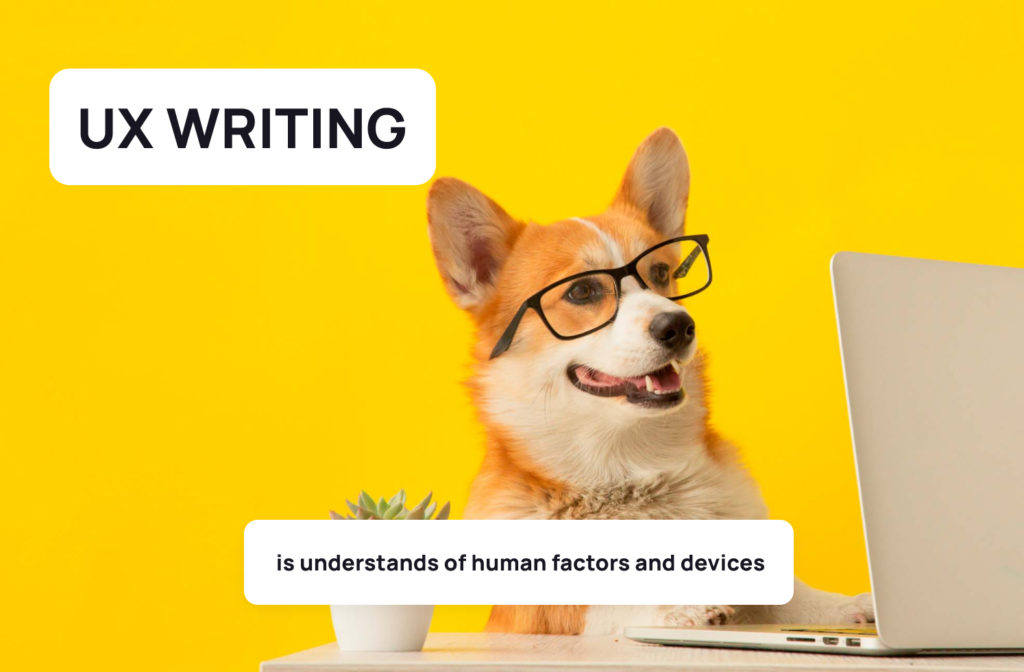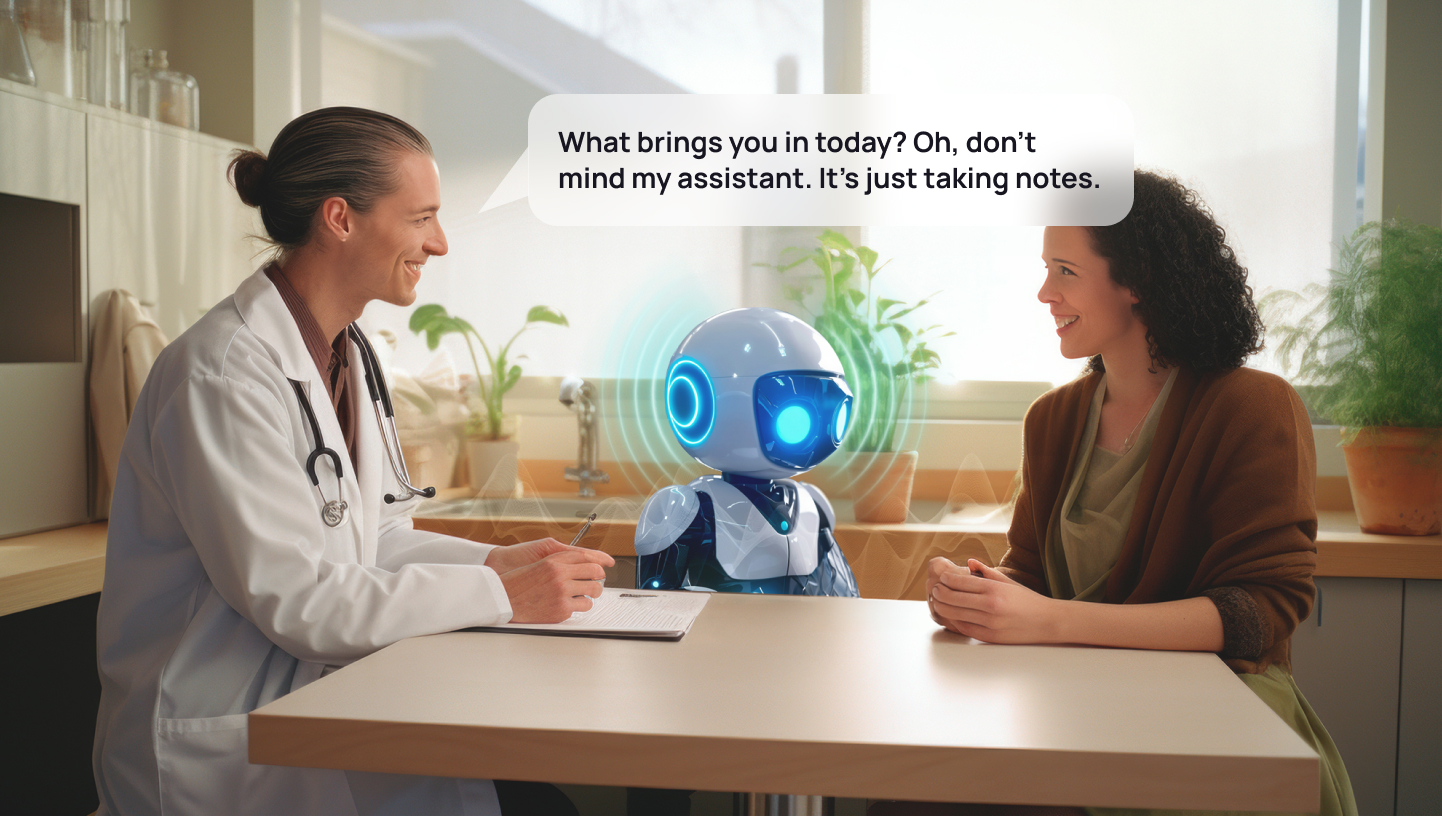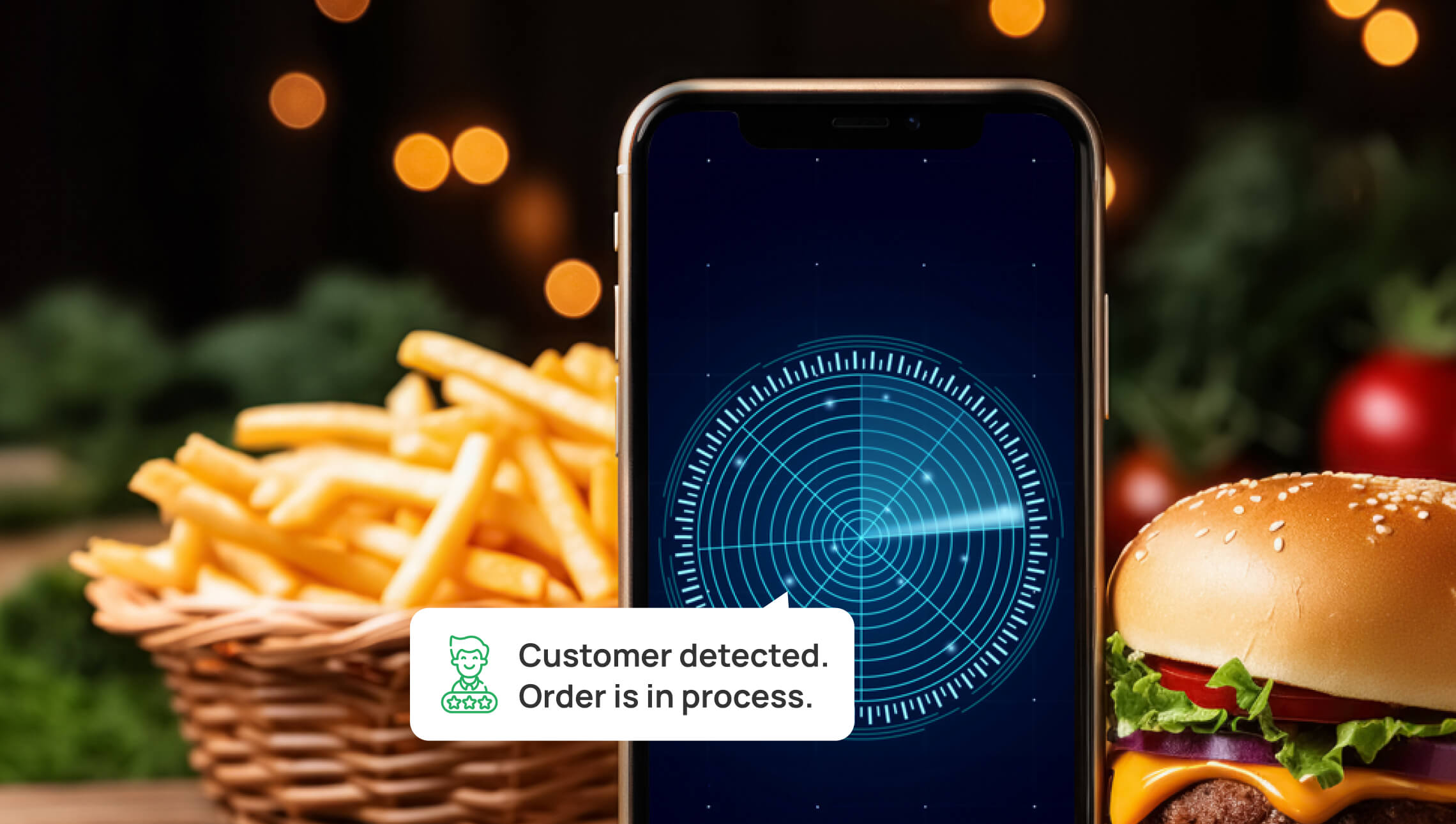Read This Before Beginning Your Custom Development Project

This month, we’re working on a series of blog posts about custom development: what’s important, how to keep the process productive, what practices will save you money, time, and everything else. There are five key ideas to keep in mind before starting project development.
- Be As Clear As Possible When Setting Your Goal
The first step of every successful project is identifying what you want the end result to look like. This may be difficult to ascertain even if you have an idea in mind. The following three steps will help you define your goal:
- Identify the problem you are trying to solve.
- Explain your solution. Keep It Short and Simple. One sentence is just fine.
- Explain what your customers get from using your solution. Does it save money, make their life easier or give them new opportunities?
2. Invest In User Research
Too many wanna-be entrepreneurs think they found an idea that will make a splash but then reality shows otherwise. When you make assumptions based only on your own experience, this is called availability bias. According to Investopedia, poor research is the third reason why startups fail.
When you don’t know exactly who is going to use your product, the risk of creating a poor product increases. Then there is a little chance of finding product-market fit. Investing resources in user research will give you valuable, even precious insights and knowledge that will make your project stand out. User research is fundamental for creating a successful product or project.
User research is a huge topic, and there are tons of workshops, articles, podcasts, and books about it. Here is a list of the most relevant books about UX research, covering the most common techniques and metrics.
- Interviewing Users: How to Uncover Compelling Insights by Steve Portigal. Steve helps such companies like PayPal, Nike, Nestlé build more mature user research practices. In his book he shows how it can be incorporated into the product/project development process.
- Validating Product Ideas. This book gives a clear methodology on how to use research to build the best possible product.
- Just Enough Research by Erika Hall and Jeffrey Zeldman. A must-read if user research is your point of growth. Essentially, this is a brief cookbook of research methods.
3. Understand the Timeline
This step may seem obvious yet many projects fail to launch on time. While developing and testing your product, new ideas for features arise and bugs may need to be fixed. Planning for potential hiccups will save you money and time.
You can also check out our blog post about best practices for creating a custom application for more tips.
4. Get UX-Writer Involved at the Initial Stage
UX writers can create copies for digital products such as websites, apps, or bots. They find the words for menus, error messages, buttons, definitions and other parts of user interface and make it user friendly and easy to navigate for people of different abilities, ages, gender identities, and backgrounds, while keeping with the voice of the brand.
Just like a UX designer, a UX writer may test different versions of copy before finding the right one. Finding “the right one” is super important since users don’t leave room for error even for their preferred brands. According to PwC’s research, just one bad experience is enough for 32% of customers in the USA to walk away from the brand they love, not to mention the new ones.

When it comes to UX writers, the key takeaway is this: get them involved in early stages of development. It will help you find the right user flow and save money and time in the later stages.
5. Do a Background Check on Your Business Partner
This might not have to do with the technical side of business but it’s definitely worth mentioning. Doing a background check on your partner is not about being suspicious. It’s about being sure that bringing a partner will be a good strategic and financial move. Successful entrepreneurs have even said that finding the right partner can be like finding the right spouse. Background checks will give you the answer to perhaps the most important question: will you share the same values? Some other things to consider in choosing a business partner are:
- Financial issues
- Ethical issues, like bad press or references from clients or colleagues.
- Personal issues – launching a project takes a lot of energy, time, and focus. Make sure you won’t find yourself carrying the weight of the responsibility on your own.
At Softarex, we have twenty years of experience in full-cycle development with a portfolio of projects in industries such as Restaurants and Hospitality, Aviation and Transportation, Healthcare, and much more. Take a look at our portfolio and contact us to discuss your next project.





